 At the 23rd Annual Burns Supper held on 25 January 2020 at the Corinthia Hotel we were delighted to announce that the 2019 Sponsor of the Year of the Robert Burns International Foundation was bp. We caught up with Jamie Anderson, Regional Director, Europe Global Business Services for bp, and asked him about bp’s connections with charity and the RBIF.
At the 23rd Annual Burns Supper held on 25 January 2020 at the Corinthia Hotel we were delighted to announce that the 2019 Sponsor of the Year of the Robert Burns International Foundation was bp. We caught up with Jamie Anderson, Regional Director, Europe Global Business Services for bp, and asked him about bp’s connections with charity and the RBIF.
How important is corporate social responsibility to bp?
Giving back to local communities where we live and work, while doing something really tangible and helpful: this is bp’s community investment in action. Our five people aims cover clean energy, a just energy transition and sustainable livelihoods, respect for human rights, greater equity and enhanced wellbeing. They focus on how we think bp can make the biggest difference.
You have been a long-standing supporter of the RBIF. What prompted you to partner up in the first place?
I have been in contact with RBIF for a long time and I highly appreciate the charity work the foundation is doing. Supporting children in need is a cause very close to my heart and I’m proud our company has become your top sponsor in 2019. Any time you can make a positive impact in a young life can only be a good thing!
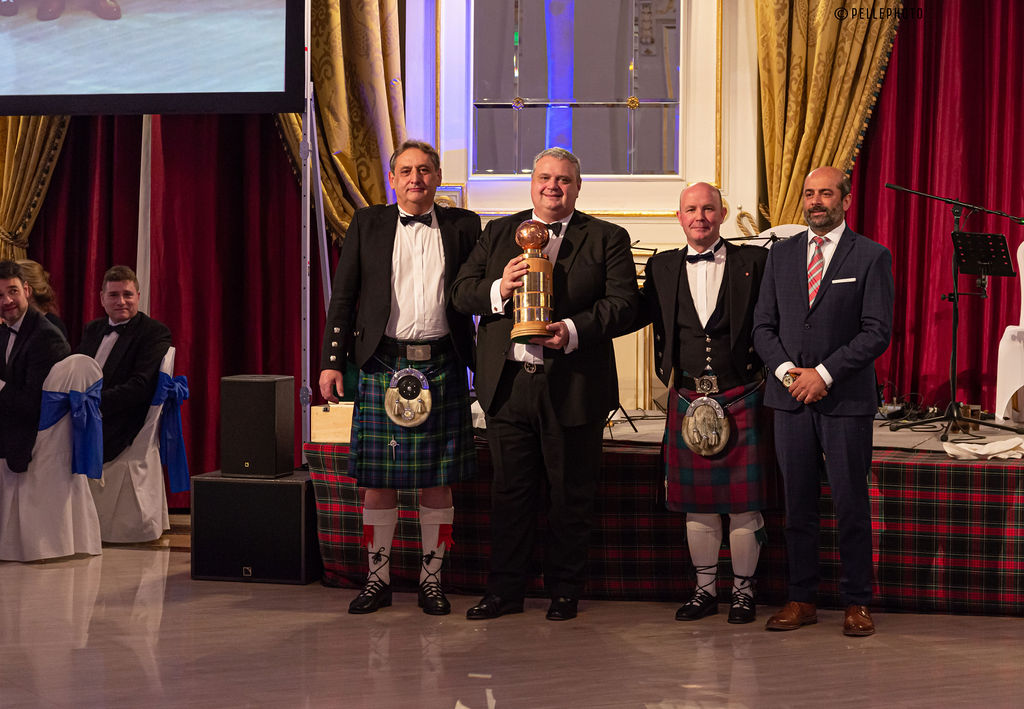
How does bp benefit from its association with the RBIF and its charity activities?
We believe in continuous learning and best practice sharing. RBIF – especially the Burns Supper – gives us the opportunity to network, to understand other companies’ social investment strategy and to join forces even with market competitors for a good cause. CSR is an important element of our employee value proposition as well: we want our staff (and future talent) to see we walk the talk.
What would you say to any other company that is considering sponsoring the RBIF and its work?
Supporting RBIF is a great way of doing social investment: one can make sure that the donation / sponsorship fee goes to places that need it the most. The nursery renovation in Istenmezeje and in Budapest district 18 (Gyöngyvirág children’s home), the Bethesda children’s hospital support and other charity projects speak for themselves. I also have huge respect for RBIF and the passion they bring in doing the right thing for the greatest impact. Do not hold back in supporting!
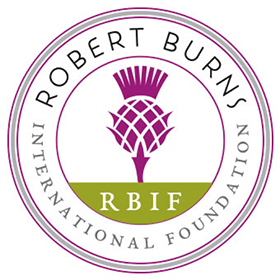

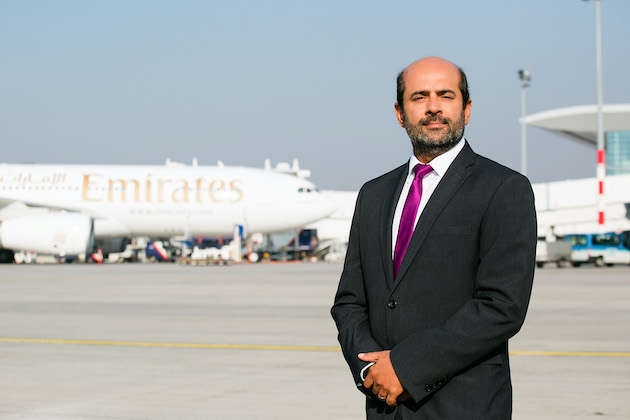




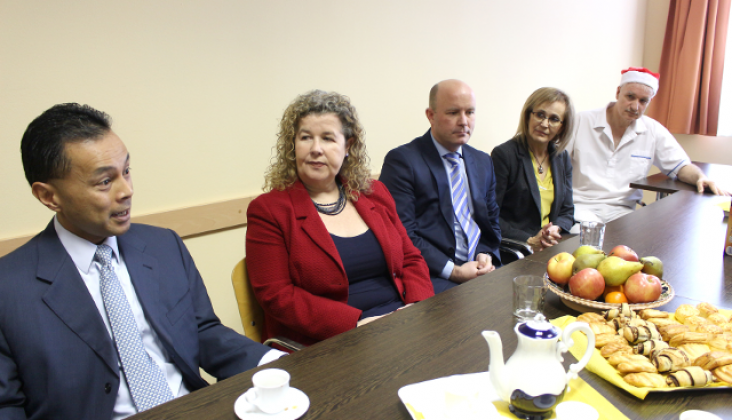
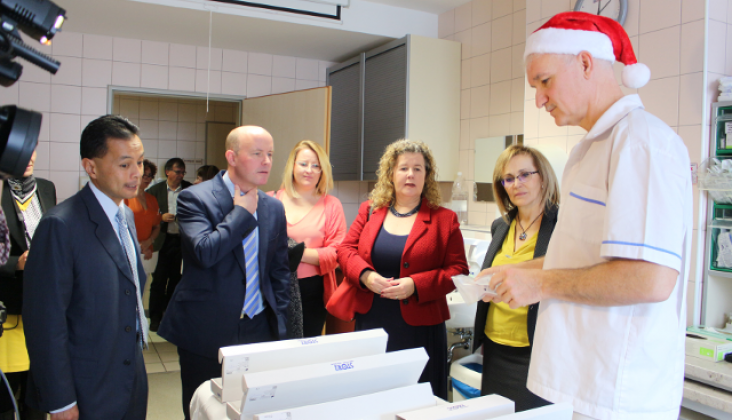
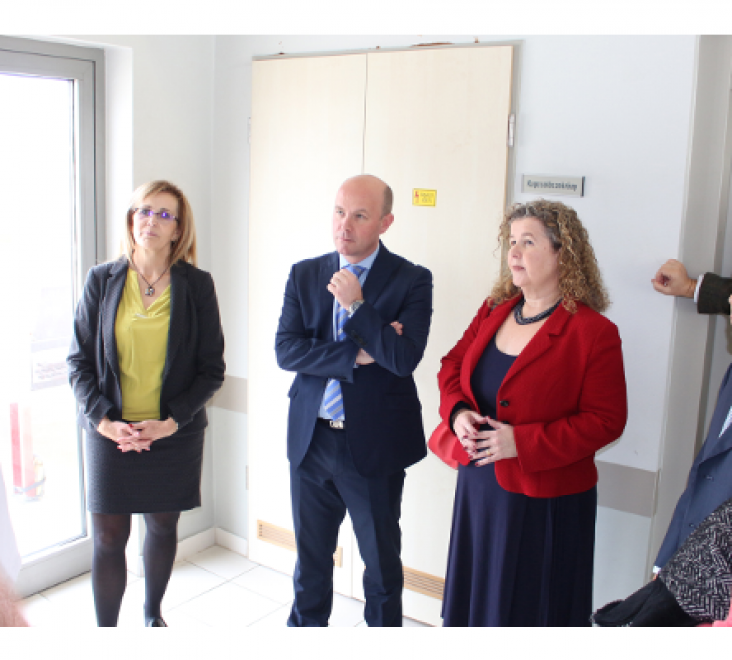
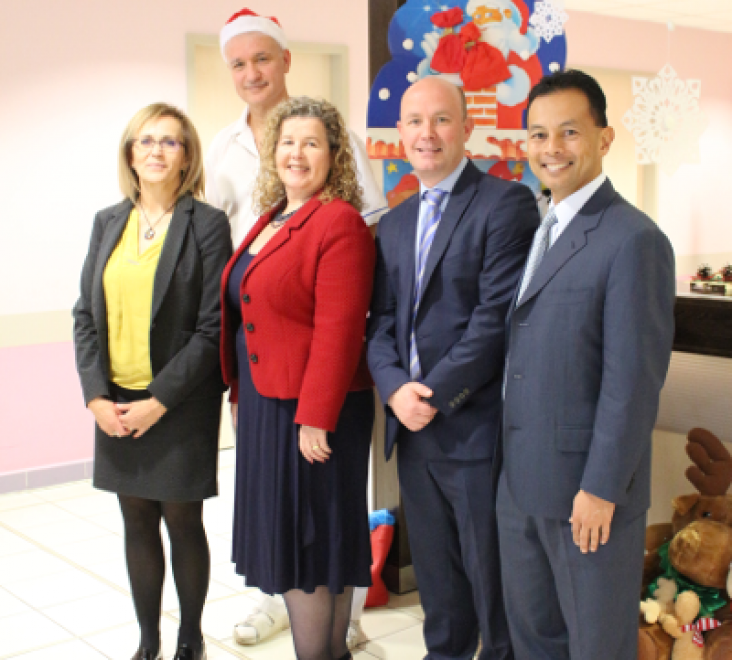

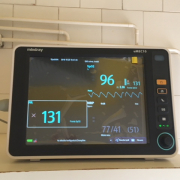

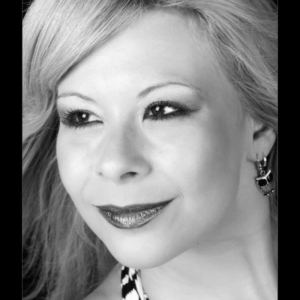


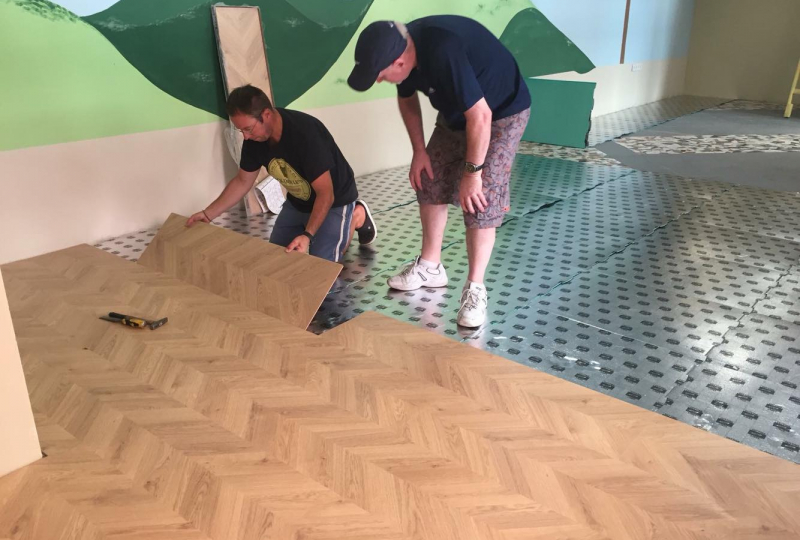
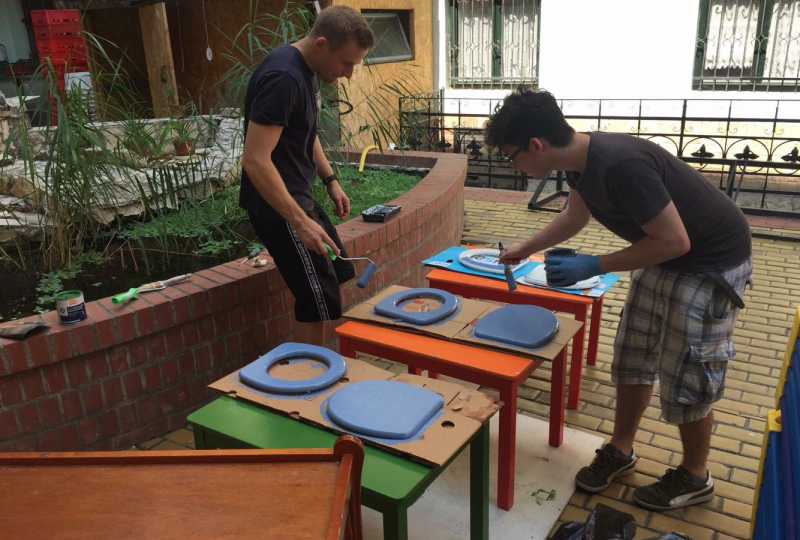
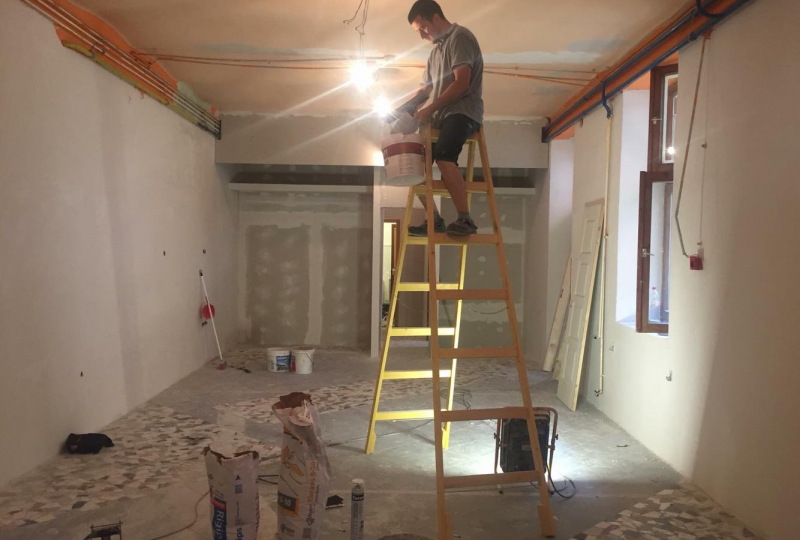
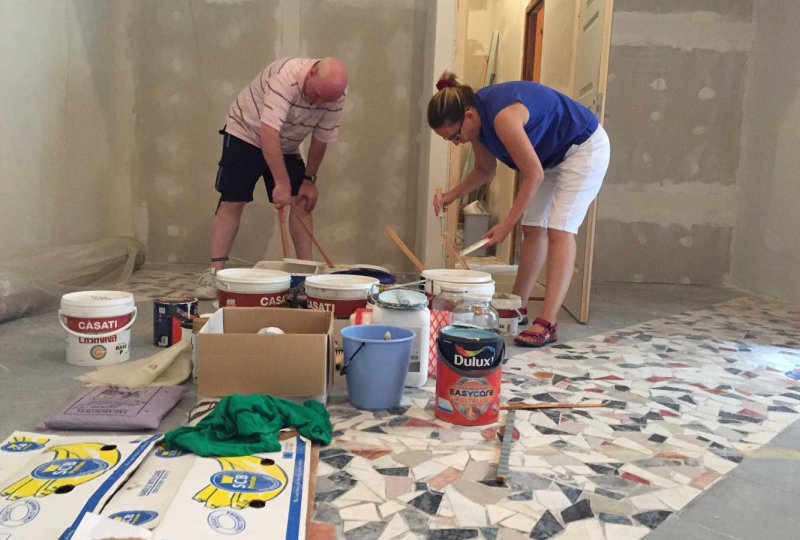
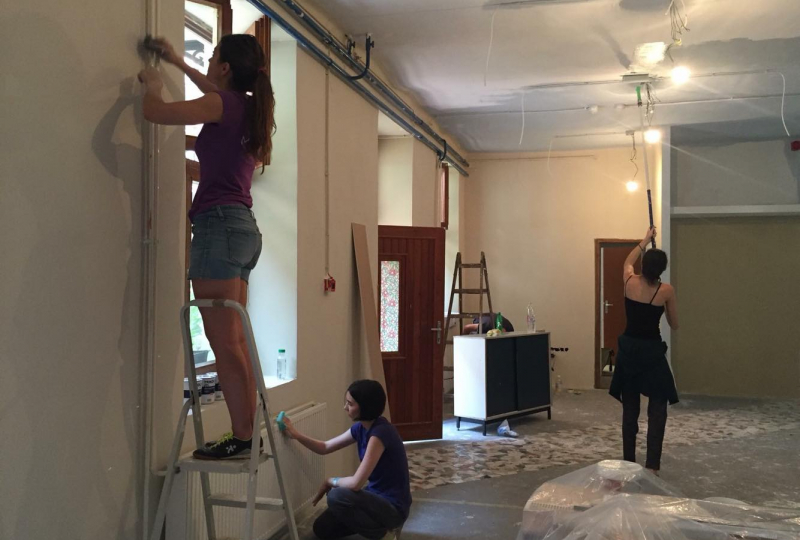
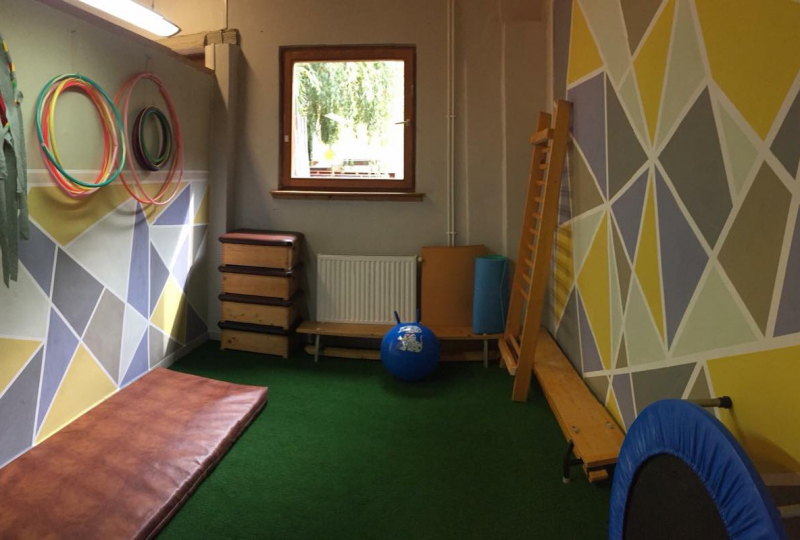
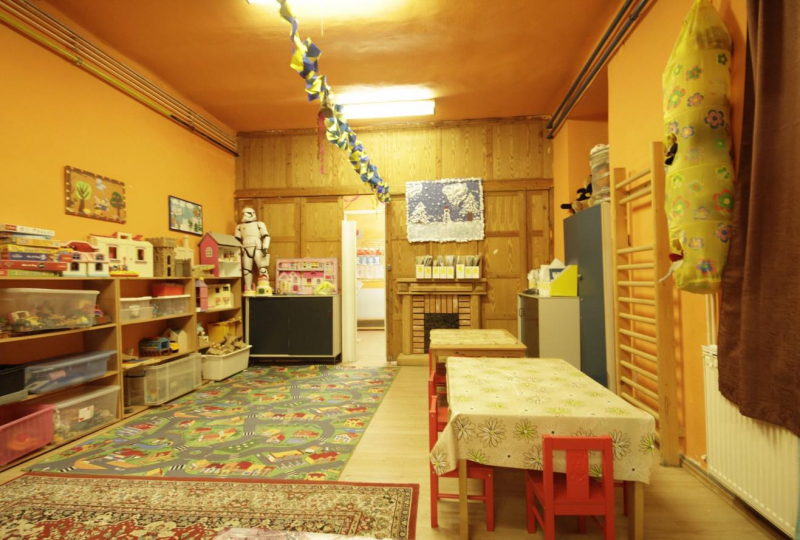
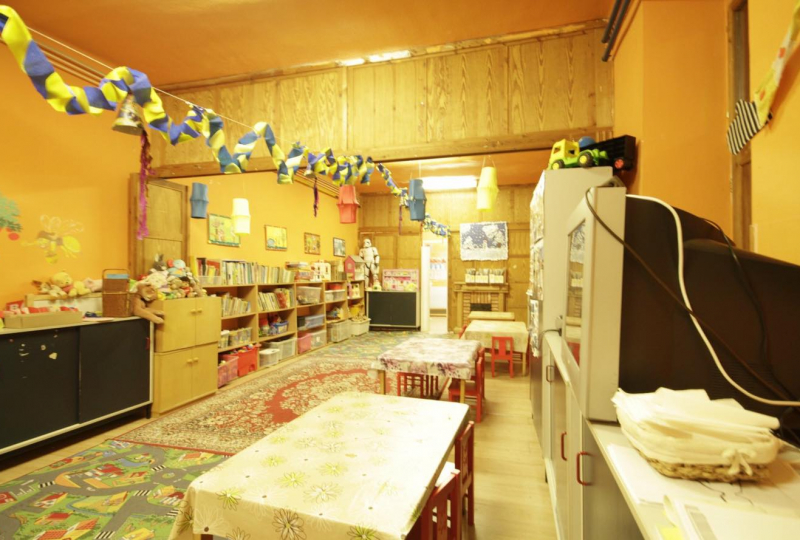
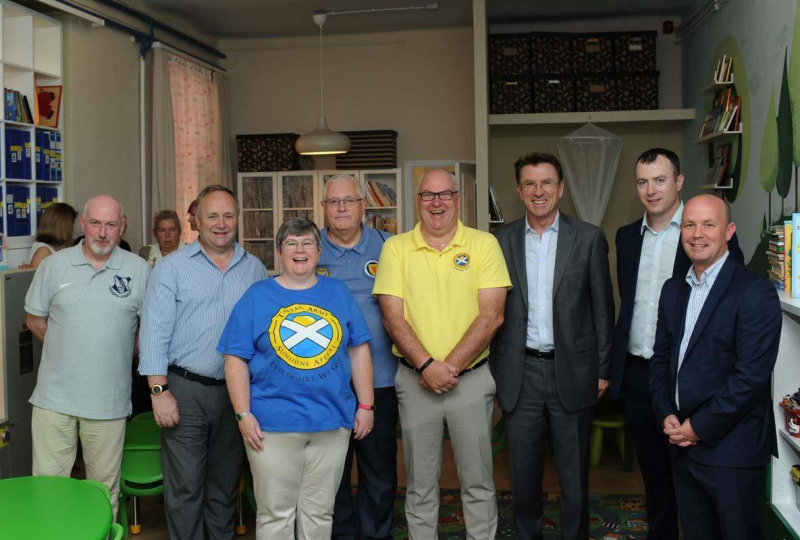
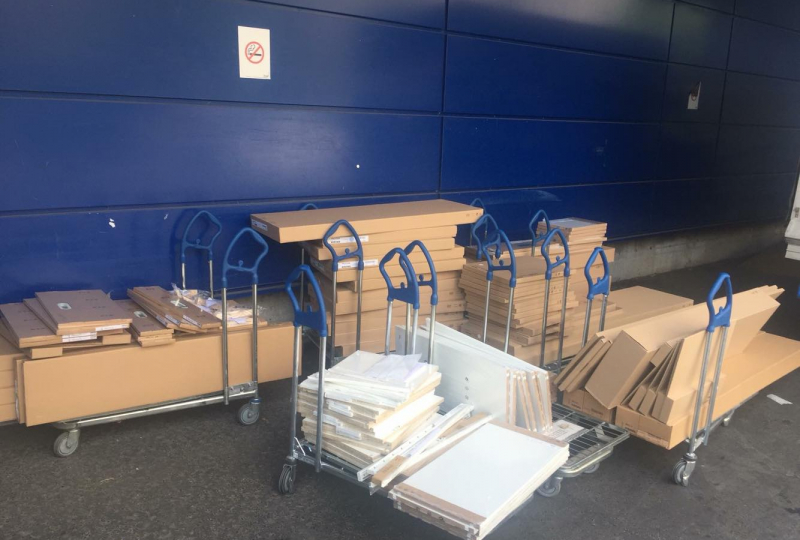
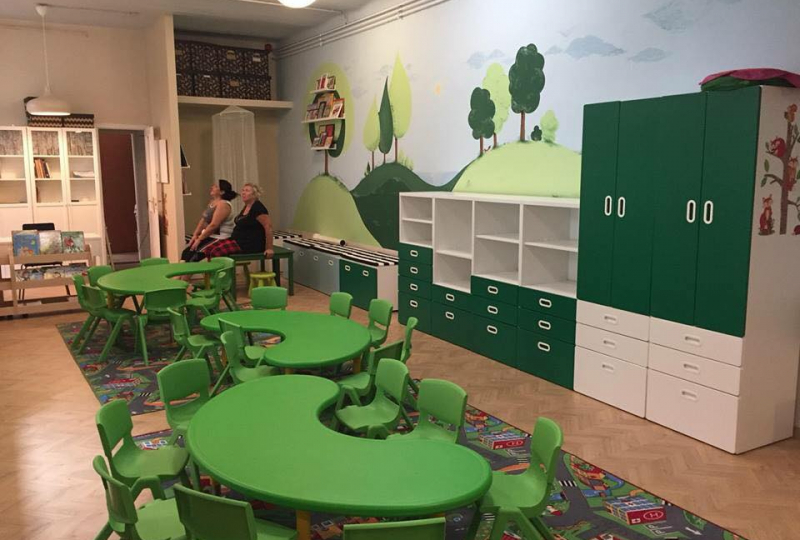
 Since then Budapest Airport has been a regular attendee at the Annual Burns Suppers as a GOLD sponsor. This means that besides participating in what has become one of Budapest’s most popular social events on the calendar, they make a substantial donation every year to further the projects and initiatives launched by the RBIF to aid sick and underprivileged children in hospitals both in the capital and around the country.
Since then Budapest Airport has been a regular attendee at the Annual Burns Suppers as a GOLD sponsor. This means that besides participating in what has become one of Budapest’s most popular social events on the calendar, they make a substantial donation every year to further the projects and initiatives launched by the RBIF to aid sick and underprivileged children in hospitals both in the capital and around the country.